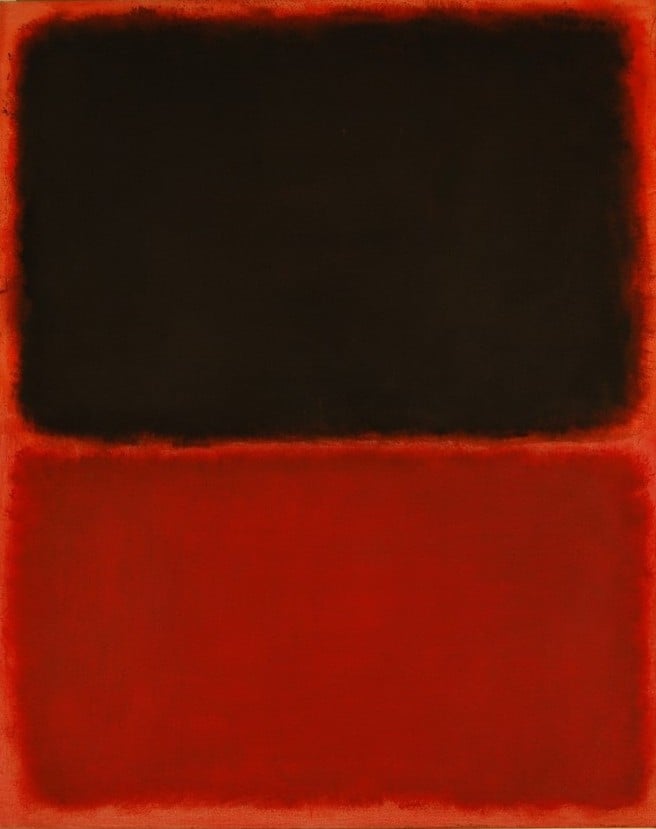Ashwatthama
Leafing through my blog posts over the past years brought the realization that I have written a lot about war. That's hardly surprising as the country has been embroiled in wars in Iraq and Afghanistan for 20 years and just barely ended the last remnant of the intractable mess that caused enormous amounts of death, suffering, cost, loss, and humiliation. Now that the horror of war is again being broadcast live on everyone's Twitter feed, I feel like we barely had a break of peace. Maybe that's the normal reality of humanity anyway? But still.
Inevitably my mind returns to Mahabharata. I cannot believe I wrote 17 (!) posts in 2015 to sort out my thoughts and feelings about the enormous epic. So this one is #18.
On the last night of Kurukshetra, Ashwatthama led what was left of the Kauravas army to raid the camps of the Pandavas and killed most of the named characters in their sleep. I'm pretty sure this "special operation", to borrow a phrase in the news, was against the rules of war as both sides initially agreed. But by that time I don't think anyone on either side cared much about following rules any more. Too many of their sons, brothers, fathers, grandfathers, and cousins had died, and too many rules had been broken. Right before the night raid, Bhima had broken Duryodhana's thighs in their mace duel (yeah another duel), an action also against the combat rules.
Unlike many commentators and revisionists, I do not doubt the main authors of Mahabharata took sides when they created the most recent, coherent, and stable version of the epic. I think they did intend to cast the Pandavas and Krishna as the good side and the Kauravas as the bad side. Nevertheless, the complexity and mirror images throughout Mahabharata are nothing short of astounding. Duryodhana certainly committed plenty of atrocities with complete disregard for dharma, but Krishna employed many tricks that were hardly fair. Before the end, Arjuna shot Karna while the latter was defenseless, and even the figure of dharma himself, Yudhishthira, lied in order to kill Drona.
It is a little surprising that wars two to three thousand years ago in India were fought with some sort of mutually agreed rules, not unlike the Geneva Convention today and various treaties that try to dissuade countries from using chemical weapons, cluster bombs, etc. Nevertheless, rules break down as more blood is shed and death looms larger, or when someone just does not care and takes advantage at any cost, which inevitably starts a spiral toward total breakdown of any semblance of order and honor.
Even if the authors might have taken sides on the grounds of morality and theology, they were completely ruthless in terms of consequences. The outcome of the war is almost a complete mirror image. Although there is a winning side, the Pandavas, very few of their clan and relatives survived, leaving only one child to barely carry on their bloodline. One could argue that nobody won. That is certainly the position of the weeping widows and families from both sides, wandering the post-war Kurukshetra and searching for the corpses of their husbands and fathers and brothers. And Gandhari, the mother of the Kaurava brothers, was able to exact revenge on the almighty Krishna and his entire clan, so that violence and slaughter come for them some years after the war. Is Stri Parva (the Book of the Women) an anti-war segment in an epic about war? It is certainly on par with modern anti-war literature.
There is so much in Mahabharata that continues to hold true now. As long as humans wage wars, Mahabharata remains relevant.



